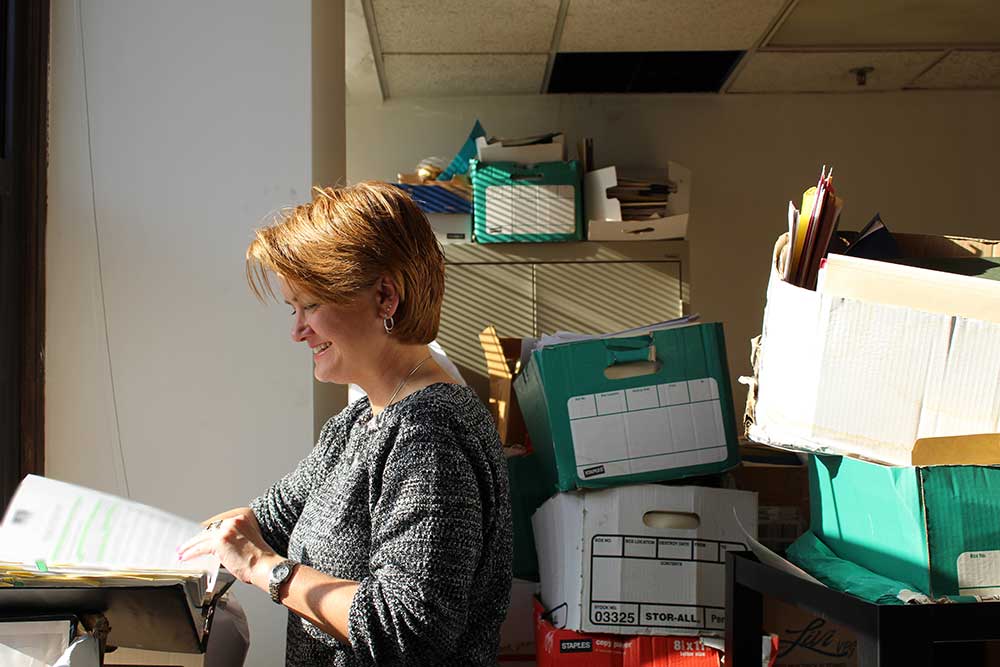
By Kristen Drake
For most, the end of each year brings a time of reflection; our team at PolicyFind is no exception.
As we look back on the past year, one of PolicyFind’s key accomplishments was the opportunity to assist owners and operators of dry cleaning shops in locating funds for environmental liabilities through our Insurance Archeology service line.
However, this accomplishment does not distinguish 2018 from any of its previous 20+ years in this industry. We have consistently provided top-notch services of this nature and will continue for years to come. We are proud to be a trusted partner to drycleaners throughout the country.
What sets 2018 apart, for our team, from previous years, is the expansion of our services to municipalities. Our Insurance Archeologists saw an increase of cities and counties requesting our assistance for abandoned ‘eye-sores’ in their communities. In most cases, the municipalities were ‘left holding the bag’ on (in some cases) dozens of properties in need of serious funding in order to be redeveloped, due to previous operations that led to environmental impacts.
Municipalities Can Utilize PRP Searches, Insurance Archeology, Litigation Support & Cost Recovery Service Lines
Local municipalities learned that through PolicyFind’s PRP Searches, they could identify prior owners and operators of these now abandoned locations.
PRP is short for ‘potentially responsible party’. These searches are the cornerstone of PolicyFind’s investigations, as they are the efforts made to identify previous owners and operators of now-abandoned properties.
In most cases, once PRP’s were identified, PolicyFind was then able to investigate these former dry cleaning shops, gas stations, plating facilities, chemical producers, etc. (the industry list goes on and on), and conduct investigations to locate evidence of former CGL coverage that could be applied to these long-tail environmental claims.
To learn more about CGL policies, visit: How Does It Work? Insurance Archeology and CGL Policies
Once located, historic insurance policies can be used to bring funding into the hands of municipalities, as current property owners, vis a vis PolicyFind’s Litigation Support and Cost Recovery service lines. PolicyFind is a full-service firm, providing assistance and consulting to our clients, through each step of the process.
PolicyFind is proud of the strategic relationships it has built within the legal community. These relationships bring benefit as we link municipal legal teams to experts, thereby facilitating the development of strategies to maximize the potential of these newly discovered historic policies.
There is no ‘one-size-fits-all’ solution for each property ownership situation municipalities face. PolicyFind prides itself on its ability to assess, analyze, and successfully navigate through each circumstance with individual attention and a proactive approach.
Eyes Forward in 2019
It is our goal to assist more cities and counties throughout the country in 2019.
Municipalities know that abandoned properties cost them money. These sites still need to be properly maintained, and moreover, they can lead to increased crime, fire runs, and loitering.
PolicyFind knows, and wants to continue to share with potential clients, that through the process of insurance archeology, we can help kick-start the redevelopment of (seemingly hopeless) abandoned properties.
If you have a contaminated property and want to find out if others contributed to the contamination, contact us today!
 Kristen Drake combines her profession as an insurance archeologist with 10+ years as an investigative journalist to reconstruct historical insurance coverage for clients. She has successfully located evidence of liability insurance coverage on 150+ projects.
Kristen Drake combines her profession as an insurance archeologist with 10+ years as an investigative journalist to reconstruct historical insurance coverage for clients. She has successfully located evidence of liability insurance coverage on 150+ projects.
